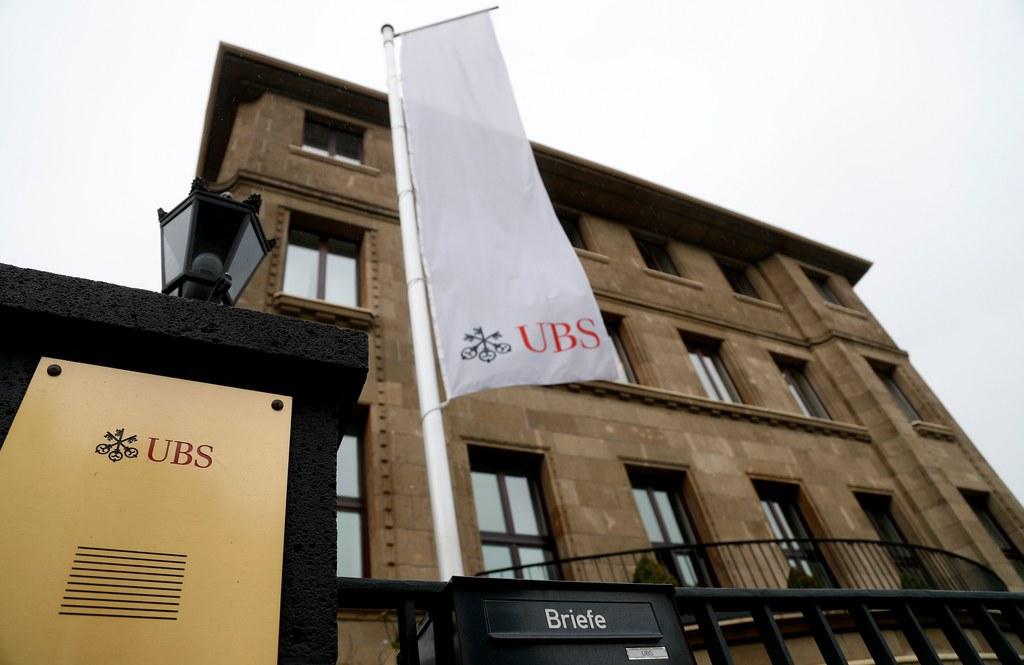
More countries demand UBS client names

Sweden and the Netherlands have joined a growing list of countries demanding the names of a group of UBS bank clients in order to check whether they have paid taxes. France and Spain have previously asked for Swiss administrative assistance following the same tip-off from the German authorities.
The Swedish and Dutch requests, submitted in October 2016 and February 2017 respectively, were reported in the latest edition of the Swiss Federal GazetteExternal link, which acts as a general public notice of such actions.
It sends a further message that the net is closing on wealthy tax cheats who hid their money in Swiss bank accounts. And the requests also confirm that Switzerland is prepared to relax its former tough stance on rejecting so-called fishing expeditions from foreign jurisdictions.
In the past, countries requesting Swiss administrative assistance to track down tax dodgers have been required to name the people they suspected of breaking the law. But group requests are now becoming common – asking the Swiss tax authorities to compel banks to give up the names of clients of a certain nationality during a specific time frame.
The latest request are based on information seized by German investigators when they searched UBS offices some years ago. The lists of UBS clients from 2006 and 2008 were then widely distributed to other countries by Germany, forming the basis of other investigations.
Swedish UBS clients are requested to contact UBS if they had accounts at the bank between January 1, 2012 and December 31, 2015. The Dutch authorities want names and details of its citizens’ UBS accounts between March 1, 2010 and the end of 2015.
Court rulings
UBS acknowledged the latest requests, adding: “As we’ve previously said, we expect several countries to file requests for international administrative assistance in tax matters with the Swiss Federal Tax Administration. The bank has largely completed a compliance program with clients based in Europe. We were among the first in the industry to take this step requiring documentation of tax disclosure by our clients.”
The Federal Supreme Court has increased the misery for Swiss banks with landmark rulings in recent months. In September 2016, it ordered the release of UBS client names to the Dutch authorities who wanted to know which of its citizens continued to evade taxes despite an amnesty.
The ruling overturned a previous administrative court verdict that the Dutch request, which listed no names, could be ignored as a fishing expedition.
In March of this year, the supreme court allowed administrative assistance to France despite that case being based on data stolen from UBS.
The screen of Swiss banking secrecy effectively ended at the start of 2017 as banks started collecting foreign client data for the Swiss tax administration to pass to counterparts in other countries.
Data will be automatically exchanged with 38 countries from 2018, including the European Union. In February, Switzerland said it could extend the agreement to a further 21 countriesExternal link, including China and Russia.
This will inhibit future tax evasion, but several countries are also keen to catch and punish past offenders. In March, the Netherlands led a coordinated probe on Credit Suisse for suspected tax evasion offences, spanning five countries.

In compliance with the JTI standards
More: SWI swissinfo.ch certified by the Journalism Trust Initiative































You can find an overview of ongoing debates with our journalists here . Please join us!
If you want to start a conversation about a topic raised in this article or want to report factual errors, email us at english@swissinfo.ch.